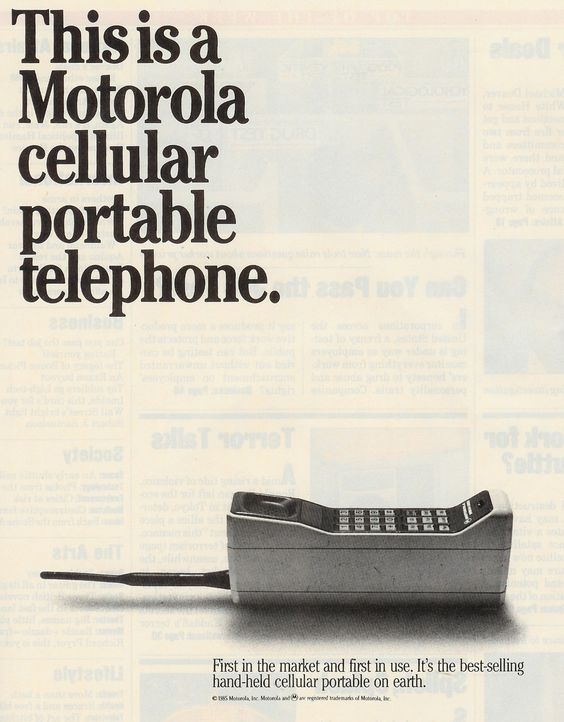Signs You Are Addicted to Your Phone & How to Break Free
by Veronica Joce
It happens quietly. One moment, you’re just checking your phone for a quick update. Before you know it, you’ve spent hours scrolling through a sea of notifications, news, and social media. Time slips away in fragments of attention that seem harmless—until you realize how much of your life they have claimed.
We live in a time where our phones have become extensions of ourselves—always within reach, ready to fill any pause in our day. What starts as a quick glance turns into a loop of scrolling, notifications, and distractions, pulling you away from the world around you and even your own thoughts. It’s no longer uncommon to wake up and reach for your phone before even leaving bed. You check it during conversations, at meals, even while watching TV.
It’s a silent pull, a craving you might not even recognize as an addiction, but that restless feeling you get when you can’t find your phone? That’s a sign. The compulsion to fill even the smallest pockets of time—waiting in line, walking to your car, a quiet evening at home—with mindless scrolling is another.
This isn't about guilt or shame. It’s about awareness. Like any habit, phone use can become unconscious, a pattern that runs on autopilot. It’s not that technology itself is the problem; it’s how we use it—how easily it disconnects us from the present moment, how it pulls us away from our own thoughts, and how it becomes the default response to discomfort, boredom, or loneliness.
Signs you might be addicted to your phone
1. YOU CAN’T FALL ASLEEP WITHOUT BACKGROUND NOISE
That favorite TV show, podcast, or playlist is the only thing that drowns out the silence as you drift off. The idea of going to bed without it feels unsettling.
2. YOUR PHONE IS THE FIRST THING YOU TOUCH IN THE MORNING
Before you’ve even rubbed the sleep from your eyes, you’re scrolling through notifications, checking texts, or diving into your email.
3. You check your phone mid-conversation
Whether you’re out with friends or talking to family, your phone finds its way into your hands at the slightest pause, splitting your attention and pulling you out of the moment.
4. Your phone is your go-to when you feel anything uncomfortable
Bored? Stressed? Uneasy? You instinctively reach for your phone to escape, even if there’s no notification or reason to pick it up.
5. You go to check the calendar—and get lost
You pick up your phone with a purpose, but then you’ve forgotten all about it, lost in a loop of apps and social feeds that pull you in without you even realizing it. One minute turns into thirty, and yet you’re still swiping.
6. Screen within a screen
You start watching a show but can’t resist checking Instagram during a slow moment. Before you know it, you’re browsing a store and buying something from a link you tapped on, barely noticing the show in the background. It’s not multitasking—it’s being addicted to your phone.
If any of these habits resonate with you, you’re not alone. Phone addiction is designed to happen—platforms are engineered to keep you engaged. The key is learning to recognize the behavior and take steps to reclaim your time and attention.
_________________
How to break the habit
1. Set boundaries that protect your attention
Your phone doesn’t have to be the first thing you interact with each morning. Instead, create a routine that allows you to center yourself before diving into the digital world. This might mean leaving your phone in another room at night or setting a time in the morning when you allow yourself to check it.
Designate phone-free spaces: meals, conversations, and activities that deserve your full attention. These boundaries give you back your time and help restore the focus that constant connectivity erodes.
2. Use Technology to Limit Technology
If willpower alone isn’t enough, let your phone help you limit your usage. Apps like Moment and Screen Time track how often you use your phone and allow you to set limits. These gentle reminders can help break the unconscious scrolling habit.
The goal isn’t to cut yourself off from technology entirely but to use it with more intention and awareness. Tracking your usage can be an eye-opener, revealing just how much time gets lost in the digital void.
3. Create Physical Distance
One of the most effective ways to reduce phone use is to make it less accessible. Keep your phone in another room while you’re focusing on a task or enjoying time with loved ones. When it’s not in your line of sight, the urge to check it fades.
Physical separation from your phone gives you space to reconnect with yourself, your thoughts, and your surroundings. It allows you to step out of the reactive mode that phones often put us in and into a more mindful, intentional way of being.
4. Find New Ways to Fill Time
Your phone often becomes the go-to solution when boredom hits—a quick escape when you're not sure what else to do. But instead of reaching for your screen, why not try something that truly feeds your mind and soul? Pick up a hobby you’ve been meaning to start, sign up for a workshop to learn something new, or meet with friends in real life for a change. Even taking a moment to sit with your thoughts or enjoy a walk outside can bring clarity and calm that a screen never will.
At first, these options might feel less immediately satisfying than scrolling through endless feeds, but they offer something far more valuable. Over time, they reconnect you to real experiences, deepen your sense of fulfillment, and bring more meaning into your everyday life. The more you engage with the world around you, the richer your moments become.
5. Put Your Phone on Airplane Mode
Sometimes, the simplest solution is to disconnect. Put your phone on airplane mode to cut off notifications, messages, and WiFi distractions. Suddenly, you’ll find yourself more present, less tempted to check your phone, and able to focus on the moment in front of you.
__________________
Breaking free from phone addiction isn’t about completely disconnecting. It’s about reconnecting—to yourself, to the present moment, and to the things that truly matter. Every time you choose to put down your phone, you’re making space for your life to expand in ways that endless scrolling can never fulfill. The habit may be hard to break, but the clarity and peace that come from doing so are worth every moment of discomfort.









